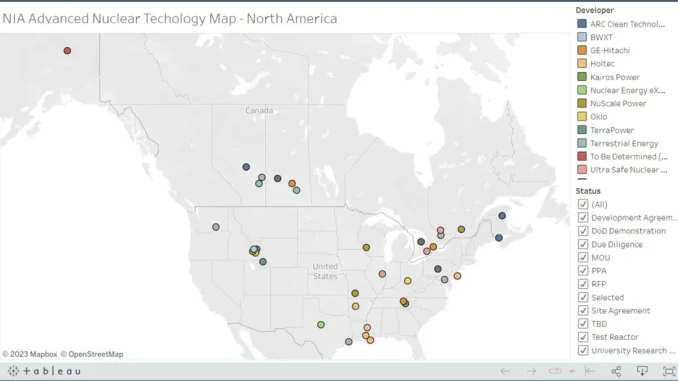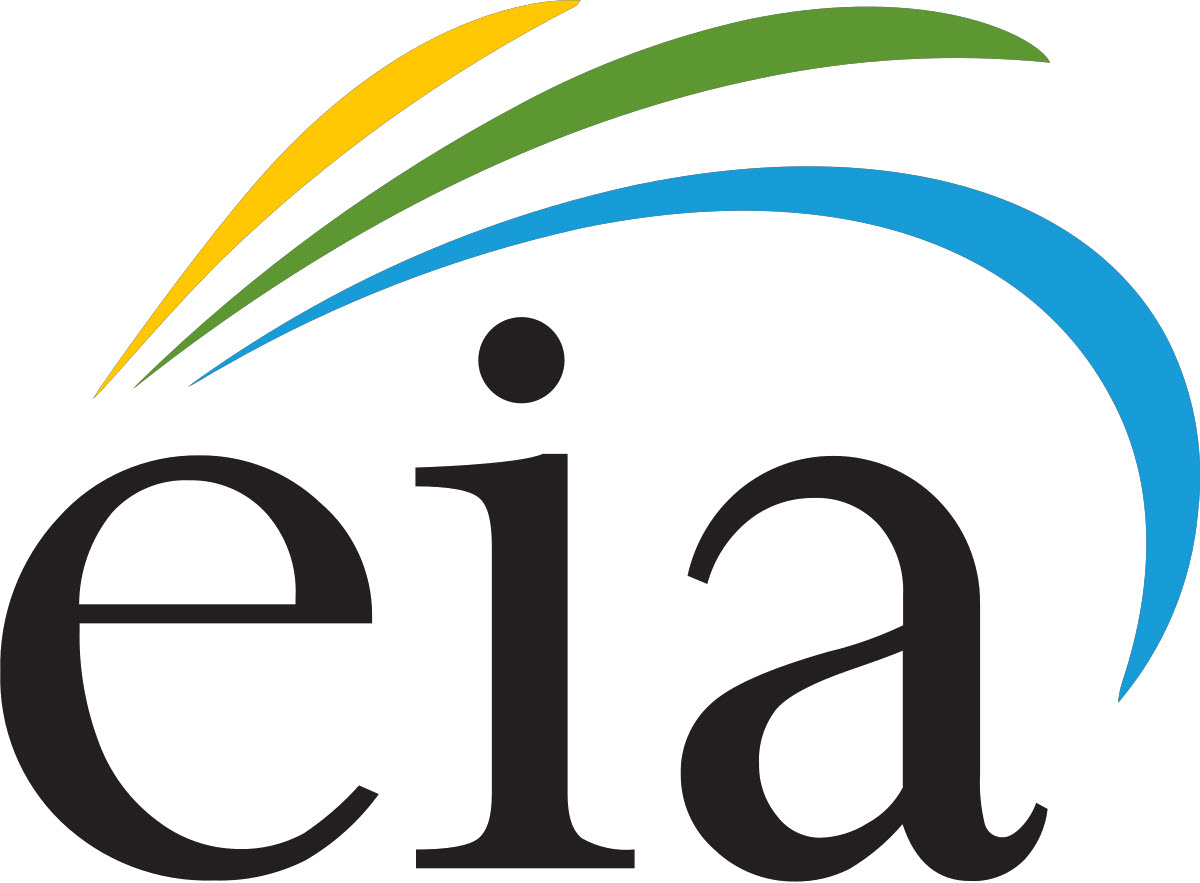
The Increasing Global Demand for Nuclear Power
The global demand for nuclear power is on the rise, with policymakers recognizing the safety and environmental benefits of nuclear energy in comparison to fossil fuels and renewables. This shift in preference is backed by a global survey conducted by market research firm Savanta on behalf of the Radiant Energy Group, which found that 46% of respondents supported the use of nuclear power, while only 28% opposed it. Even amongst the 79% of respondents who expressed concerns about nuclear safety, 40% still supported nuclear energy. The survey, which included over 20,000 adults from 20 different countries, suggests an overwhelming demand for new nuclear plants and points to potential backlash from citizens if governments abandon nuclear energy.
Technological Advancements and the Need for Regulatory Reform
With this escalating global interest in nuclear energy, technological advancements in the development of cheaper and smaller reactors are well underway. However, the growth and potential of this sector in the U.S. is being hindered by outdated regulations. The current regulatory environment presents significant obstacles to progress, highlighting the urgent need for regulatory reform in the industry. Streamlining the approval process for new nuclear plants and ensuring safety standards are met are just two potential benefits of a much-needed regulatory overhaul.
The Economic and National Security Implications
Nuclear power is not just a clean and reliable source of energy; it also has implications for the economy and national security. For instance, TotalEnergies SE, a major oil and gas giant, has expressed readiness to buy nuclear power from Electricite de France SA through long-term contracts. Such a move would provide a substantial financial boost to the debt-laden utility, enabling it to fund the construction of new atomic plants. Furthermore, the availability of a steady and reliable source of energy is crucial for national security, making regulatory reform in the nuclear power sector an issue of paramount importance.
Comparative Challenges in the Renewable Energy Sector
While the renewable energy sector, particularly solar and offshore wind, is also growing, it faces its own set of challenges. Tariffs, labor issues, and supply chain difficulties are just some of the hurdles that need to be overcome in this industry. Additionally, the importance of building new transmission and reducing the interconnection queue are critical for the successful growth of the clean energy industry. Therefore, while nuclear and renewable energy sectors both have their unique challenges, the call for regulatory reform in the nuclear sector is becoming increasingly loud and clear.
Conclusion
In conclusion, the increasing global demand for nuclear power, spurred by its safety and environmental benefits, is clear. However, outdated regulations in the U.S. are posing a significant barrier to progress. With the potential economic and national security benefits of nuclear power, it’s time for policymakers to consider regulatory reform and pave the way for a cleaner, safer, and more sustainable future.



